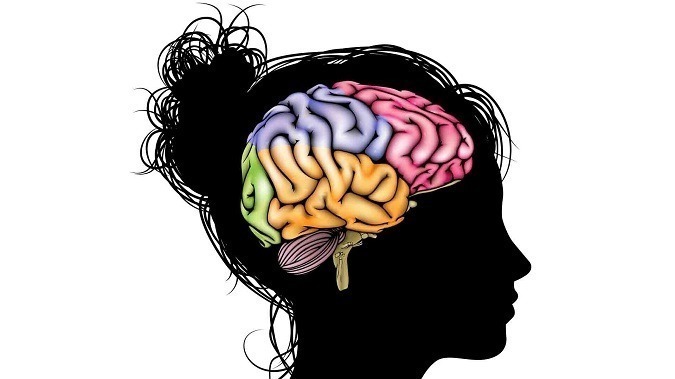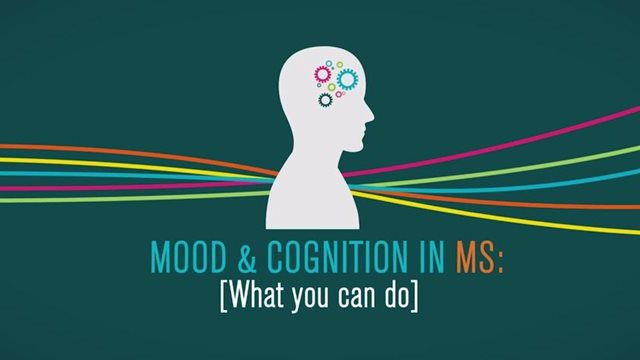Posts Tagged ‘happyneuron’
Update: 20 Must-Know Facts to Harness Neuroplasticity and Improve Brain Health
—– Time for a new edition of SharpBrains’ e‑newsletter, providing a window into the ongoing brain health and neuroplasticity revolutions–plus some fun brain teasers. Happy reading and, for those of you in the USA, Happy Fourth of July, and for those of you in Canada, Happy Canada Day! New research: 20 Must-Know Facts to Harness Neuroplasticity and…
Read MoreMerck and HAPPYneuron partner to include cognitive remediation program in Multiple Sclerosis e‑Health Solution
Merck KGaA In Deal With HAPPYneuron To Offer E‑Health Solution For MS Patients (Nasdaq): “German drug maker Merck KGaA (MKGAY.PK) announced Monday that it has entered into an agreement with HAPPYneuron, a subsidiary of SBT Group of France, in which Merck will receive an exclusive license to the company’s cognitive remediation training program for people…
Read MoreInvitation to SharpBrains Summit — Technology for Cognitive Health and Performance
We are excited to invite you to the first virtual, global SharpBrains Summit (January 18–20th, 2010). The SharpBrains Summit will feature a dream team of over 25 speakers who are leaders in industry and research from 7 countries, to discuss emerging research, tools and best practices for cognitive health and performance. This inaugural event will…
Read MoreBrain Health News: Top Articles and Resources in March
There’s such a flood of very significant research studies, educational resources and articles related to brain health, it’s hard to keep track — even for us! Let me introduce and quote some of the top Brain Health Studies, Articles and Resources published in March: 1) Cognitive Decline Begins In Late 20s, Study Suggests (Science Daily) — “These patterns…
Read MoreNintendo BrainAge, Lumosity, Happy Neuron, MyBrainTrainer…
A collection of recent announcement in the “brain games” or “brain training games” space: The Wii sets new generational standards for the videogame industry “The ageing of the Japanese population compelled gamemaker Nintendo to widen its audience. Now, the Wii is leading the industry standards. But hardcore gamers are still too important to be neglected.”…
Read MoreNewsweek on Evolution, DNA and The Brain
Great March 19th issue of Newsweek Magazine, announcing the hiring of science writer Sharon Begley, who leads the cover story on The Evolution Revolution. You will find: The New Science of Human Evolution: “The new science of the brain and DNA is rewriting the history of human origins”. Live Talk: Sharon Begley on the new science of…
Read More

